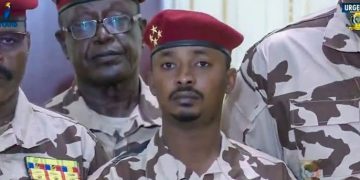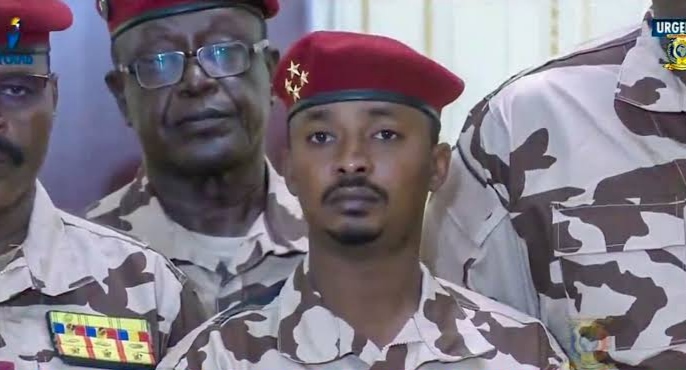By John Ikani
A national forum designed to chart the Chad’s future after the nation’s military seized power last year, would be postponed by nearly three months.
Announcing the postponement on Thursday via Facebook, Chad Junta gave no further details about the “inclusive national dialogue” declared to hold on New Year’s Eve to start on February 15 “now postponed until May 10.”
Also, precursor talks in Qatar with armed Chadian rebel groups, aiming at bringing them into the dialogue, are also being postponed.
These were previously scheduled to start by the end of January, but will now begin on February 27, a senior official in the dialogue’s organising committee said.
Chad’s President, Idriss Déby died of his injuries in April, following clashes with rebels in the north of the country. The announcement of Déby’s death came a day after provisional election results projected he would win a sixth term in office.
Déby, 68, spent more than three decades in power and was one of Africa’s longest-serving leaders. An army officer by training, he came to power in 1990 through an armed uprising. He was a long-time ally of France and other Western powers in the battle against jihadist groups in the Sahel region of Africa.
Following Déby’s death, it was announced that a military council led by his son, a 37-year-old four-star General, Mahamat Idriss Déby Itno will govern for the next 18 months.
After dismissing the Government, dissolving the Parliament and repealing the constitution, he promised “free and transparent” elections in 18 months — a deadline that he said could be postponed once if “certain conditions” were not fulfilled.
Chad holds a special position in the jihadist-torn Sahel, with armed forces that analysts say are the strongest in the fragile region, and there was little criticism of the takeover from the international community.
The European Union, African Union and former colonial power France have however called for the 18-month deadline to be upheld, which would mean that elections would be staged in late 2022.
The armed groups have yet to agree among themselves on taking part.




































